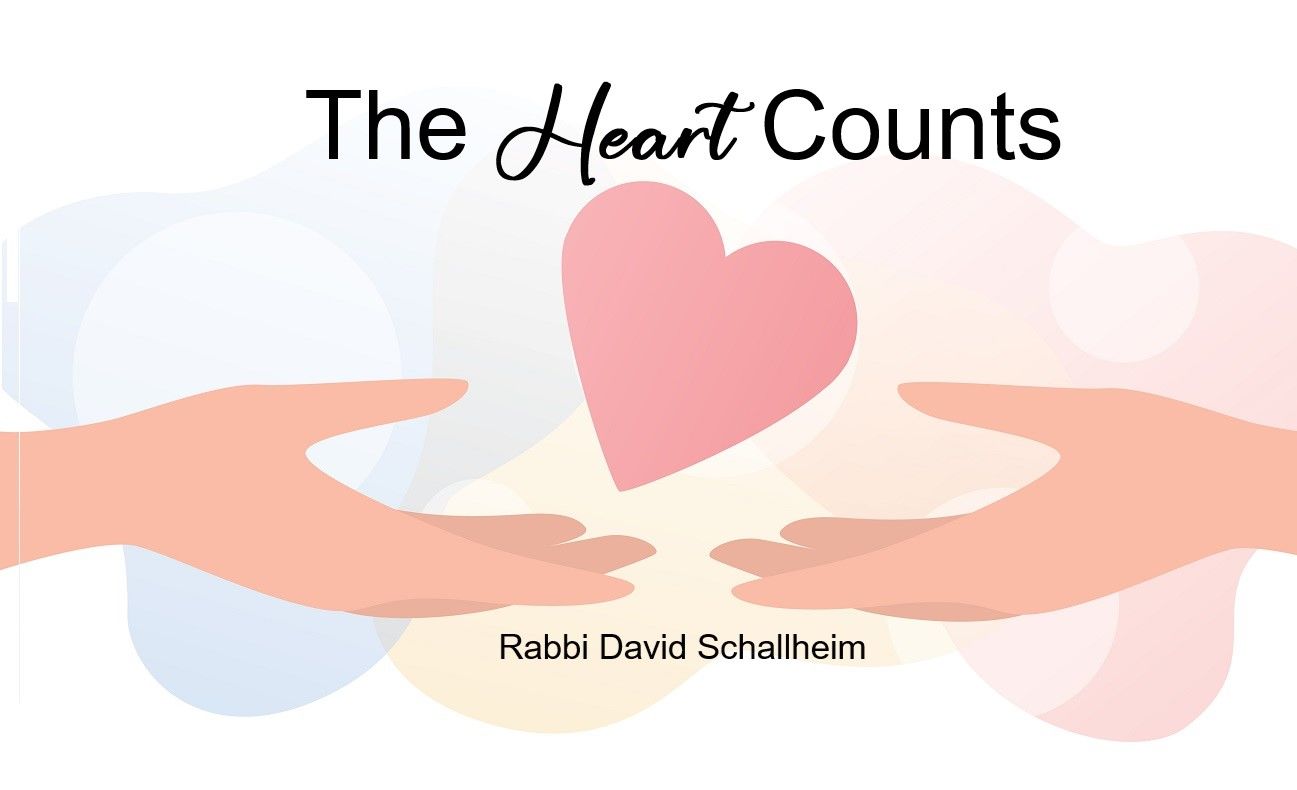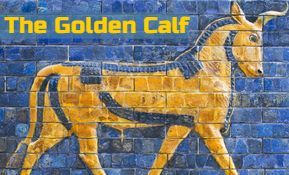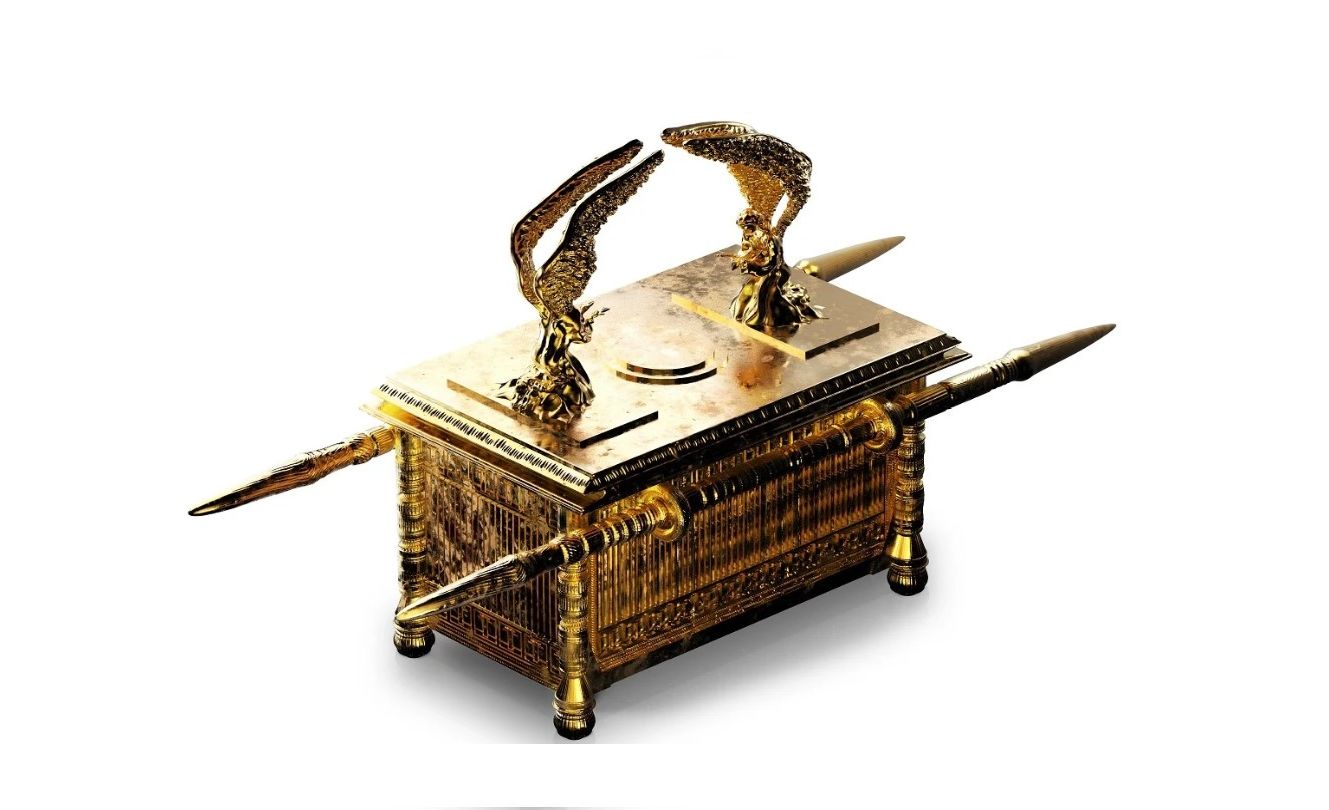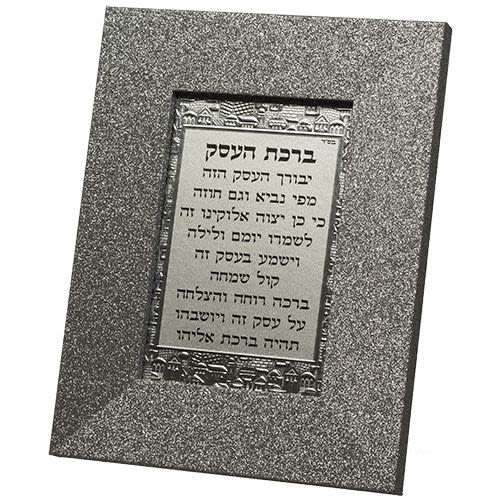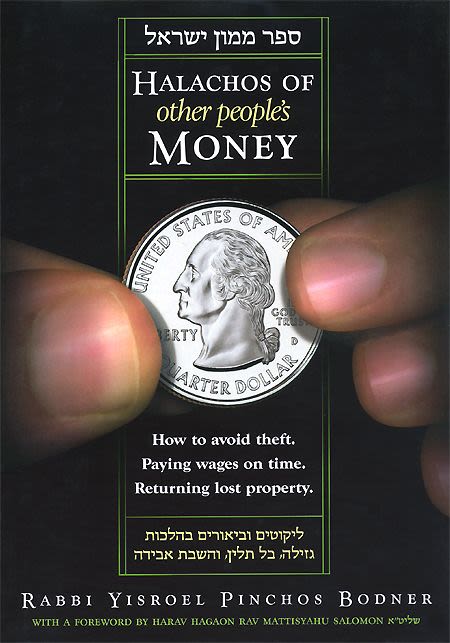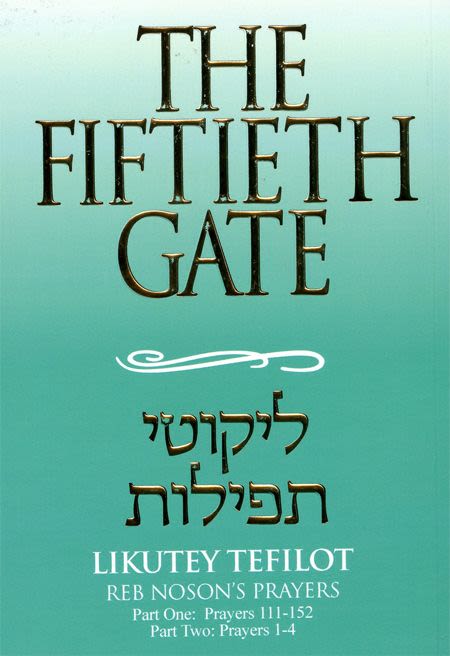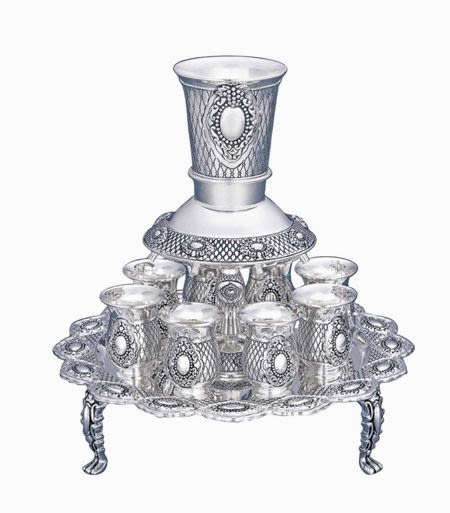
Vayishlach: The Roman Parade
This parade through the streets of Rome exemplifies the contest for the identity of the chosen people and thereby the definition...

The Struggle with Edom
“Yaakov was left alone and a man wrestled with him until the break of dawn.” (Bereishit 32:19).
The confrontation between Yaakov (Jacob) and a ‘man’ was one of the cosmic events of Jewish history that prophetically foretold the challenge of exile. Rashi explains that this 'man' was really Esav's (Esau's) guardian angel in the guise of a man. Every nation has a Heavenly power, an angel that guides its destiny on earth, and acts as an ‘intermediary’ between the nation and God. Israel is unique, for we need no intermediary; we are God’s own people, and we relate directly to God.
The conflict between Esav and Yaakov came to a head when Esav’s descendants, the Roman nation, destroyed the Second Temple in 70 C.E. and annihilated the Jewish inhabitants of the Land, scattering the survivors around the world as slaves and refuges. This is the long exile that continues until this very day – the Roman exile.
The Roman Parade
How are we to relate to this long exile? What are the signs of hope for redemption? The Talmud (Avoda Zara 11b) relates an amazing event which demonstrates how the Romans themselves related to their victory:
“Once every seventy years the Romans take an able-bodied man and put him on a lame man’s back. They dress him in the garments [that God made for] Adam, and place Rabbi Yishmael’s embalmed face over his head…and proclaim before him:
‘The chief’s reckoning is a counterfeit,
The brother of our master, the fraud.
What did the deceiver gain by his deceit,
The fraud by his fraudulence?’
Said Rav Ashi: Their tongues tripped them up. Had they said, ‘the fraud, our master’s brother,’ it would have meant what they intended. But ‘the brother of our master, the fraud’ means that ‘our master’ is himself ‘the fraud.’”
This parade through the streets of Rome exemplifies the contest for the identity of the chosen people and thereby the definition of our purpose in existence. With this victory march, the Romans were stating that the destruction of the Temple and the Exile negates Yaakov’s victory over the angel.
“When he perceived that he could not overcome him, he struck the socket of his hip; so Yaakov’s hip-socket was dislocated as he wrestled with him… He said, ‘No longer will it be said your name is Yaakov, but Israel, for you have striven with the Divine and with man and have overcome’” (Bereishit 32: 27,29).
The angel was saying, “It will no longer be said that you deserve the name Yaakov – which implies ekev, heel, deceit – because you obtained the blessing deceitfully, as Esav charged when he said, "Is it for this reason that he was named Yaakov? For he has deceived me twice; he took my birthright, and behold, now he has taken my blessing" (Bereishit 27:36). Instead, Yaakov would receive the additional name Yisrael (Israel), from sarut, prevailing, superiority. From that moment on, it would be acknowledged that Yaakov-Yisrael received the blessings because he prevailed (shrara) in an open competition, which demonstrated that he was the more deserving of the two (Rashi).
The Romans put the able-bodied man, symbolizing Esav, on the back of the lame man, who symbolizes Yaakov, because Yaakov was injured in the hip-socket while wresting with the guardian angel of Esav. This was to say: “Look! We're on top. The Land is decimated and the Temple is in ashes.”
They dress him in the garments [that God made for] Adam – Adam's garments represent the beauty of man and his purpose in existence. The Rabbis said that Yaakov’s image is engraved upon God’s Throne of Glory, symbolizing man’s highest potential. Adam's beauty is fulfilled through Yaakov. The Jews, Yaakov’s descendents, insure that God’s plan for the universe is fulfilled through Torah and Mitzvot.
But the Romans claimed Adam’s garments for their materialistic ends. They insisted that the purpose of existence lies in following their idolatry, purposely designed to allow man to pursue sensuous desires, wealth and domination.
…and place Rabbi Yishmael’s embalmed face over his head – Rabbi Yishmael was the High Priest in the Second Temple, during the Roman occupation. The Roman Caesar sentenced him to death for the crime of teaching Torah. The evil dictator’s daughter, however, was enamored by his beauty and asked Caesar to spare his life. “This I cannot do,” replied the despot, “but I will allow you to remove the skin from his face and keep it for yourself.” When the razor reached the place on Rabbi Yishmael's forehead where he wore his Tefillin, his soul departed from this world.
How can we understand the Roman’s appreciation of beauty combined with such barbarity and cruelty? Rabbi Aaron Feldman (Rosh Yeshiva of Ner Yisrael in Baltimore), in his work “The Juggler and the King” explains that beauty can be defined as sensing a dimension that transcends the physical. Rabbi Yishmael, the High Priest, transcended the physical because he entered the Holy of Holies on Yom Kippur each year; his face shined with a transcendental beauty.
The Romans believed that the transcendental experience was created for man’s enjoyment; therefore, any means was ‘kosher’ to obtain it – even the heights of cruelty. The ends, they felt, justify the means. The Jewish view is the opposite. Man's goal is to find expression for his spirituality, the transcendental, but the means are as important as the ends.
What did the deceiver gain by his deceit? – The Romans taunted the Jewish people – you gained nothing when Yaakov ‘stole’ the blessings. The Temple is destroyed and you’re in exile.
What is the answer to their taunts?
Can a Mule Give Birth?
The Vilna Gaon answers in characteristic depth and beauty based on the following enigmatic piece of Talmud:
[The Elders of the House of Athens asked Rabbi Yehoshua:] “Show us a lie.”
He told them: “We had a mule which gave birth; it had a note hanging from its neck which read, ‘My father’s estate owes a thousand zuz (pieces of silver).’”
They protested, “But can a mule give birth?”
“That is why it is a lie.” (Bechoret 8b)
The Roman government supported the Elders of the House of Athens for centuries as a repository of wisdom. These Elders engaged Rabbi Yehoshua in an extended debate, conducted by hints and gestures.
When they said: “Show us a lie,” what they really meant was, "Why are the Romans wrong? You can plainly see that the blessings were fulfilled in them; they’re successful and becoming greater."
He answered with a hint – the mule. The mule is barren, and throughout the Books of the Prophets barrenness symbolizes the exile. For example (Yeshayahu 54:1): “Sing, O barren, thou that didst not bear, break forth into singing, and cry aloud, thou that didst not travail; for more are the children of the desolate than the children of the married wife, says Hashem.” The image of a desolate mother bearing children is used to symbolize our return to Zion.
The Romans called us a mule, and a mule can’t give birth. You’ll never return from exile, they taunted. You’re a mule, what is false about that?
Rabbi Yehoshua told them, if we’re mules, then this mule gives birth! The purpose of exile is to rectify our mistakes, to atone for the reasons we were banished into exile. In this sense, the exile ‘bears fruit.’
What is alluded to by the promissory note ‘hanging around its neck?’
The Vilna Gaon explains that God asked Avraham that if his descendents were to sin, would he prefer that they go to exile or to Gehinnom. Avraham chose exile, because in Gehinnom they would be utterly destroyed, while in exile they would not be destroyed. So exile is, in fact, proof of our future! If we were meant to be removed from the face of the earth, there would be no exile!
Shir Hashirim (the Song of Songs) hints to the exile (Chapter 8:11): “Shlomo (Solomon) had a vineyard at Baal-hamon; he gave over the vineyard unto keepers; every one for the fruit thereof brought in a thousand pieces of silver.” The vineyard is the Jewish people, ‘he gave over unto keepers’ is the exile among the nations of the world.
The Vilna Gaon explains that the ‘thousand pieces of silver’ refers to the fact that although God allows the gentile nations to subjugate the Jewish people and refrains from punishing them if this subjugation is not excessive, He keeps the Jews for Himself, as it says in the next verse (ibid. 12): “thou, O Shlomo, shalt have the thousand (Shlomo literally means "his shalom, his peace, which is referring to the One to Whom the peace – Shalom – is His)”. This is a promise of our redemption.
Therefore, Rabbi Yehoshua said the ‘mule’ had a promissory note hanging around its neck: ‘My father’s estate owes a thousand zuz.’ Our father, Avraham, chose exile as the means to atone for his children, and so he ‘owes’ us the redemption. The promissory note alludes to God’s promise to Avraham that the exile would atone for us and that He would bring us back to the Land.
This ‘mule’ will give birth, said Rabbi Yehoshua – “for more are the children of the desolate than the children of the married wife (Yeshayahu 54:1);” “And there is hope for your future, says Hashem, and your children shall come back again to their own border" (Yirmiyahu 31:16).
In the historical period in which Rabbi Yehoshua challenged the Elders of the House of Athens to a ‘duel,’ who could have imagined the Jewish people would ever return to Zion? When the Vilna Gaon explained the symbolism in his words, did we seem any closer to returning?
Frederick the Great, King of Prussia, once asked his personal physician if he knew of any irrefutable and supreme proof of God’s existence. ”The Jews, your Majesty!” the doctor answered.
“The uniqueness of the Jews' destiny has tenaciously been regarded, down through the ages, as the direct and explicit expression of the Divine will, and this as much by the world as large as by the Jews themselves” (Leon Poliakov, History of Anti-Semitism, London, 1974, Introduction, pg. 7).
Indeed, the mere survival of the Jewish people, scattered across the whole world, subjected to such suffering and yet outliving most of its former persecutors, seems to be a most Divine plan. In his struggle with the Guardian Angel of Esav, Yaakov prevailed and laid the foundation for the most remarkable history on the face of the earth, the history of the Jews.


